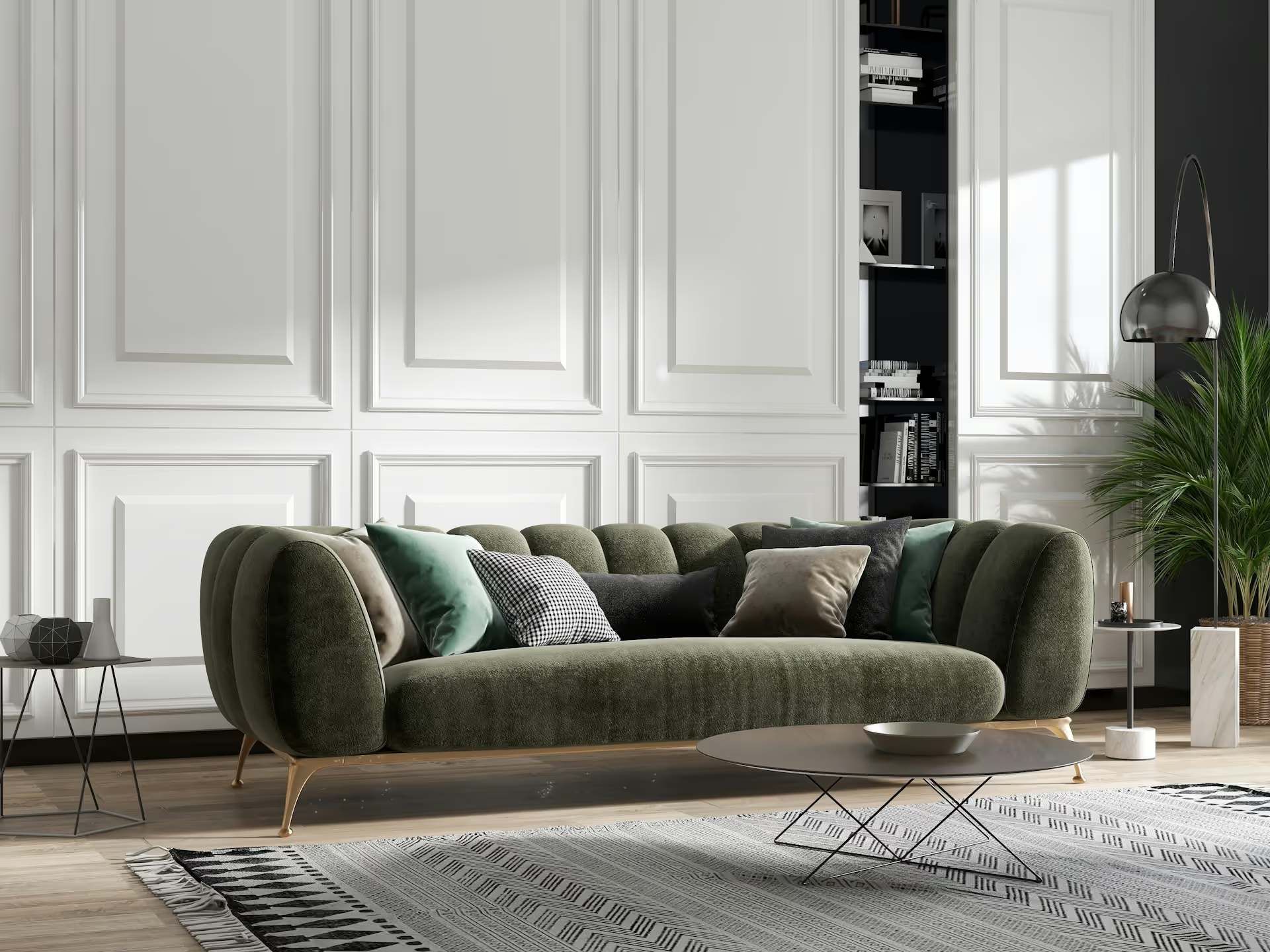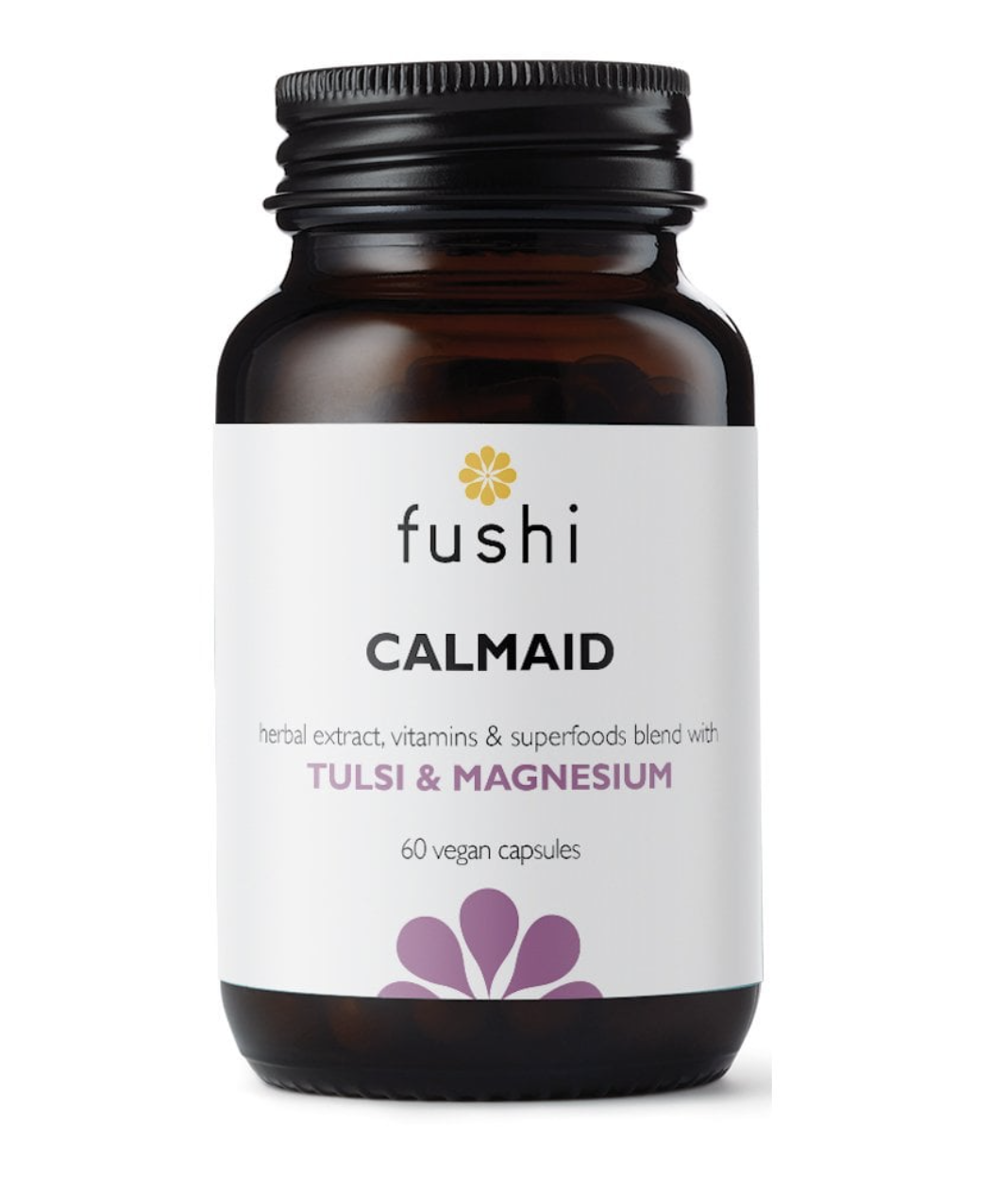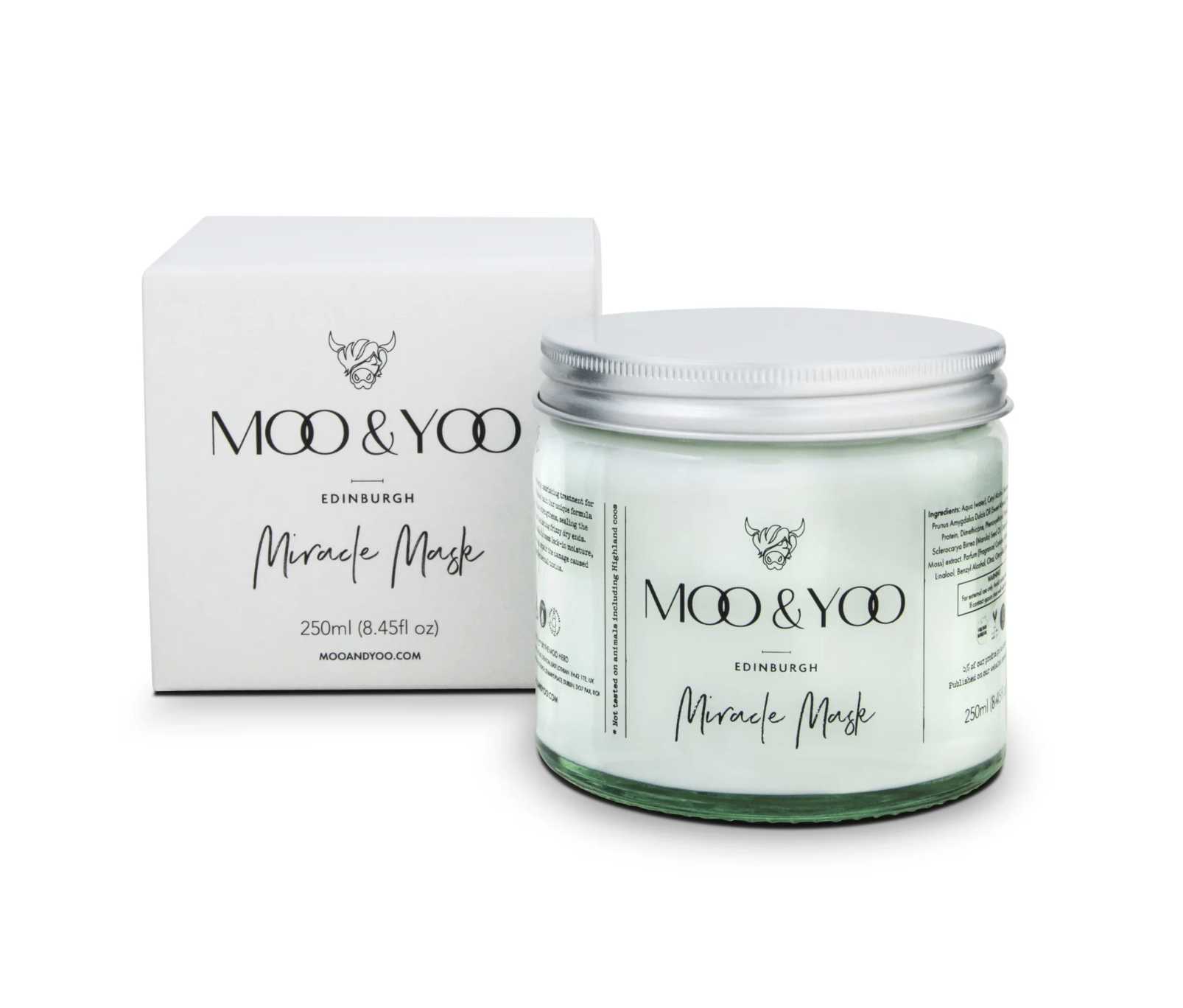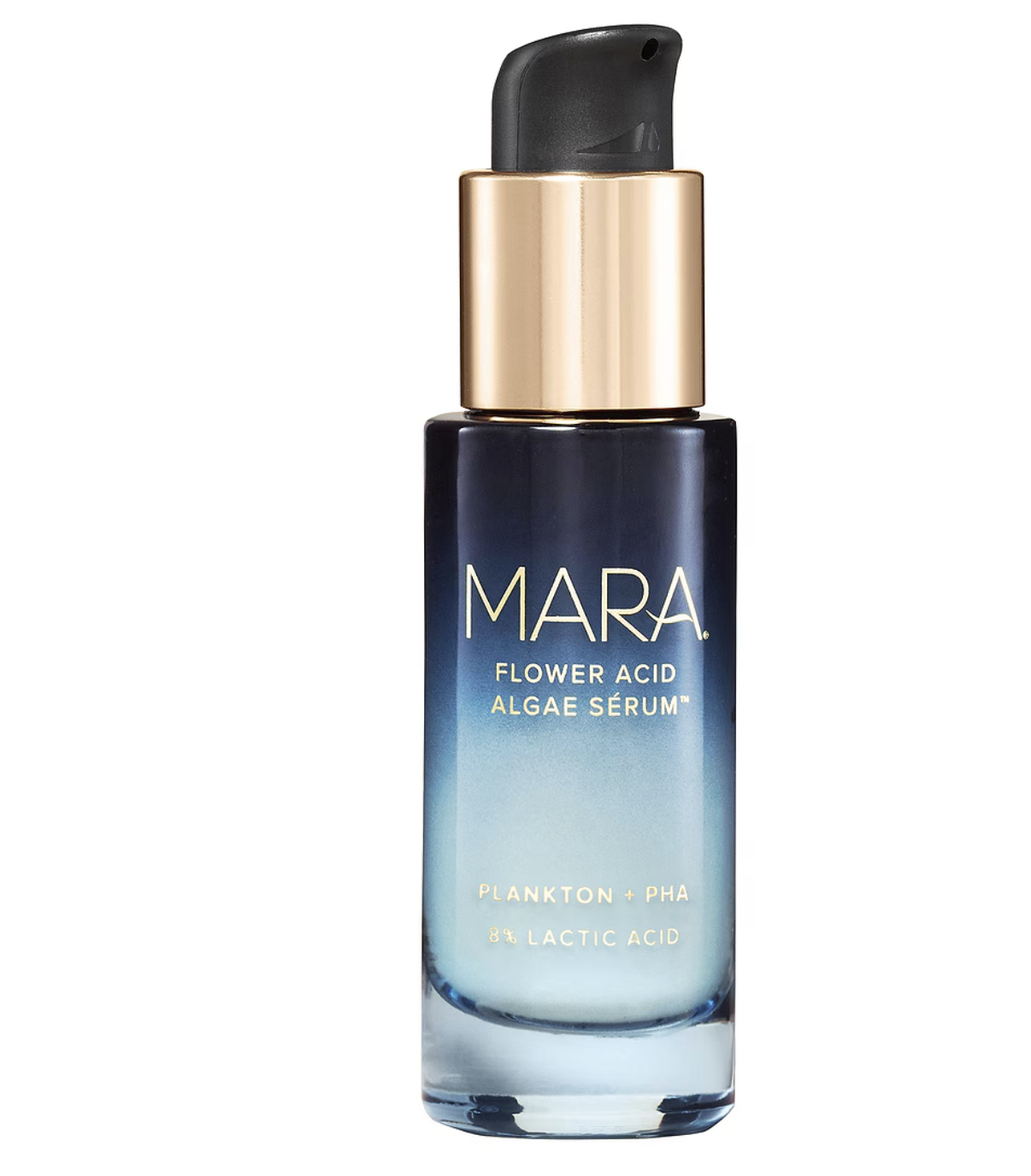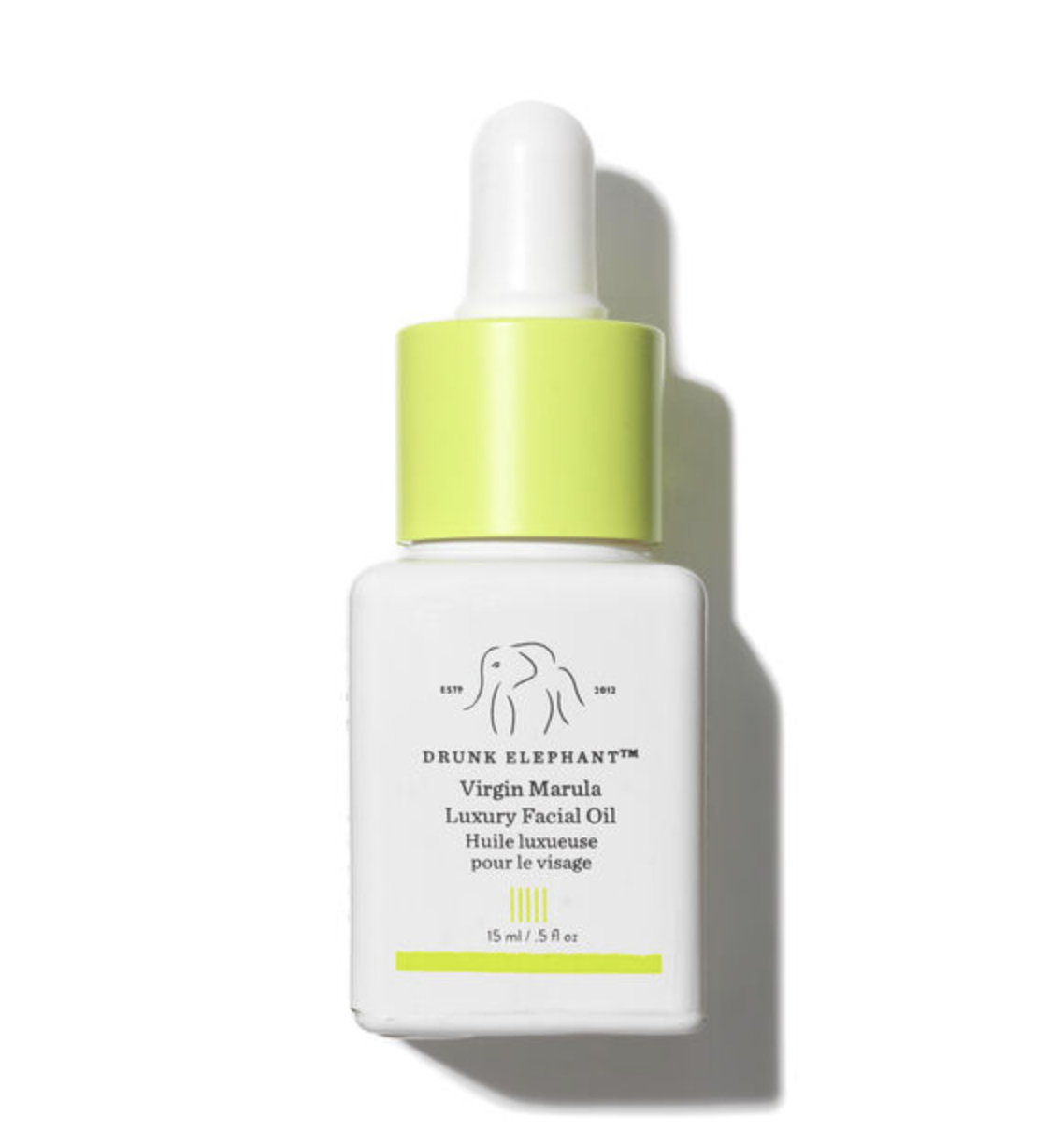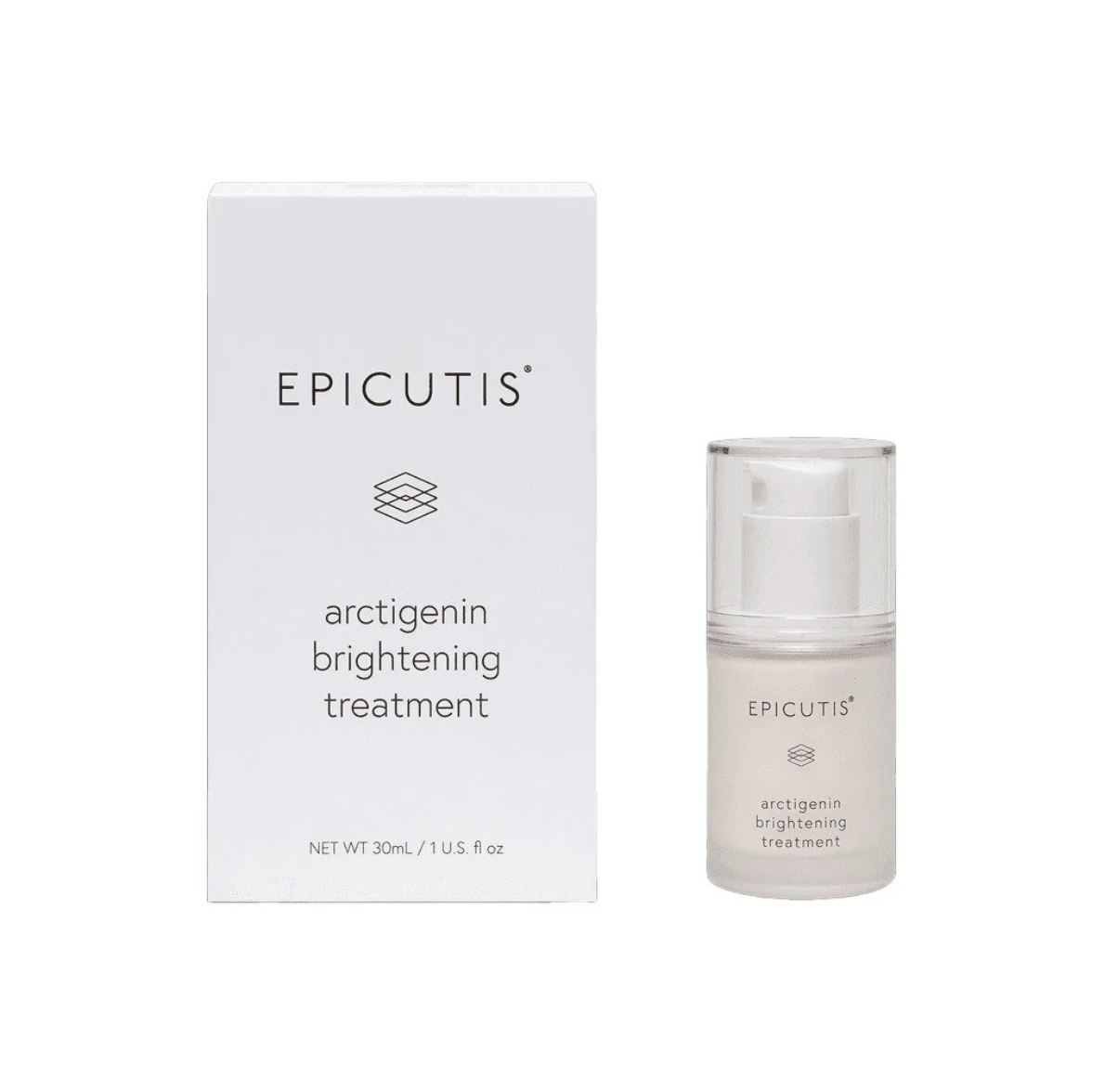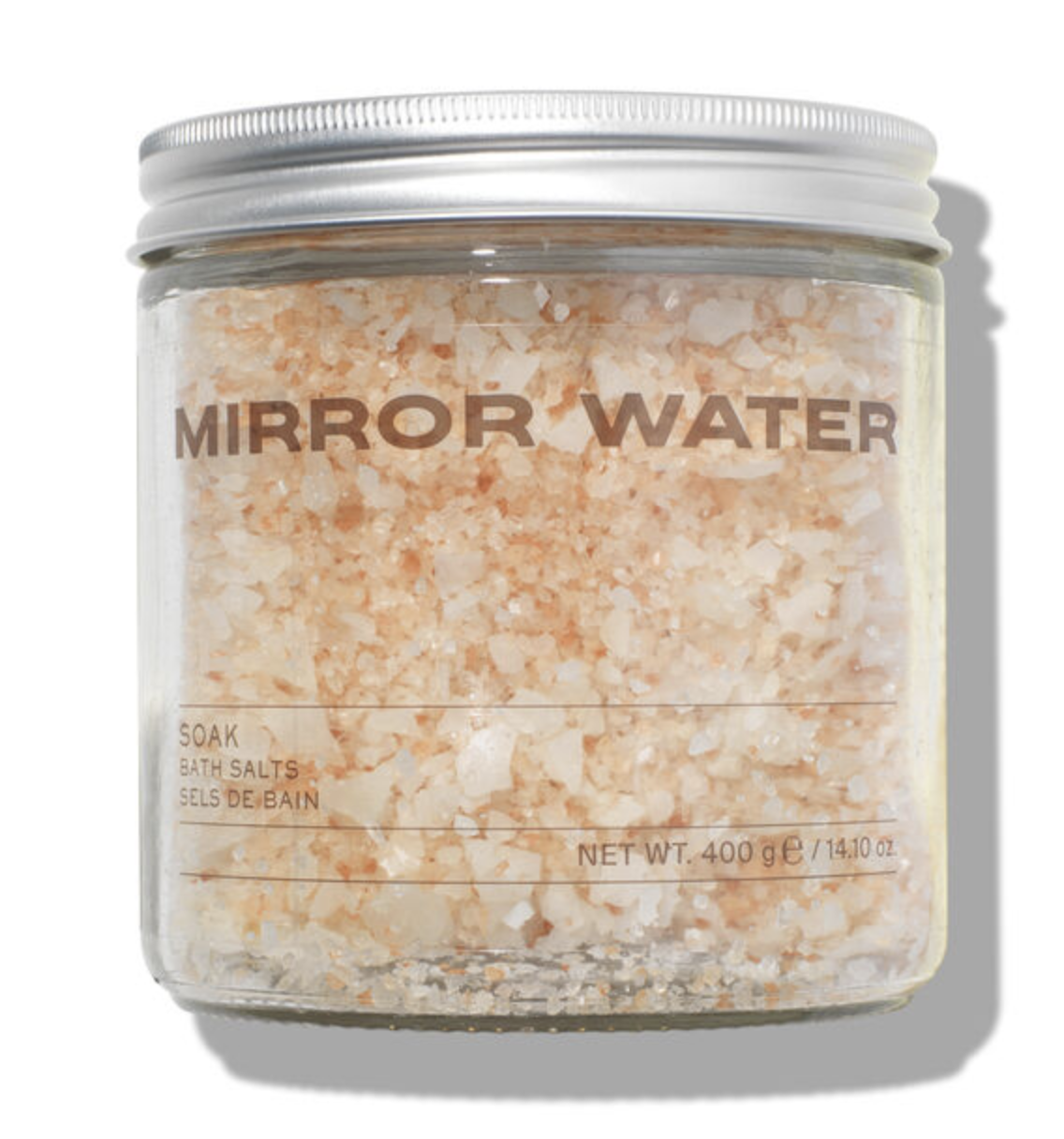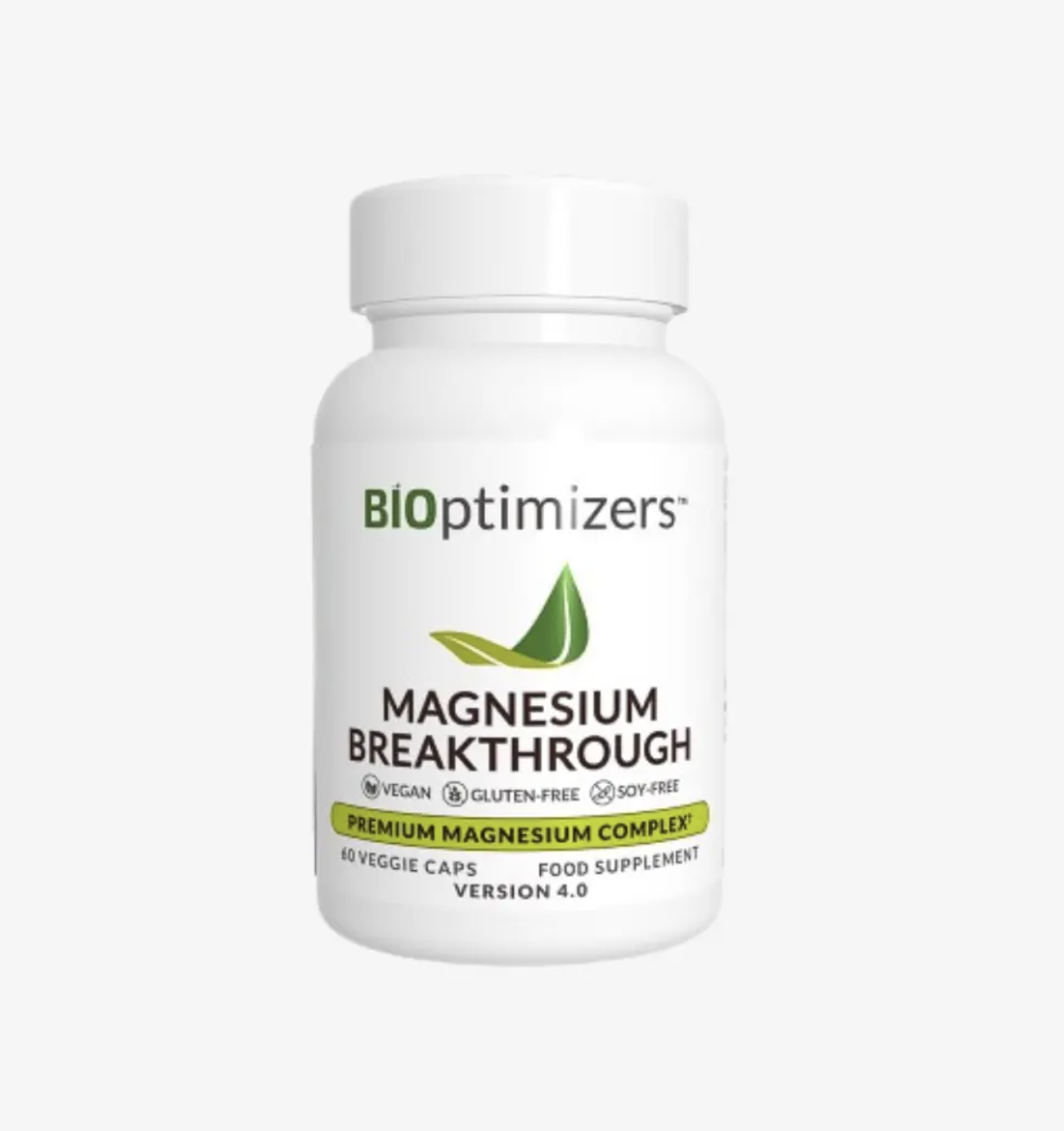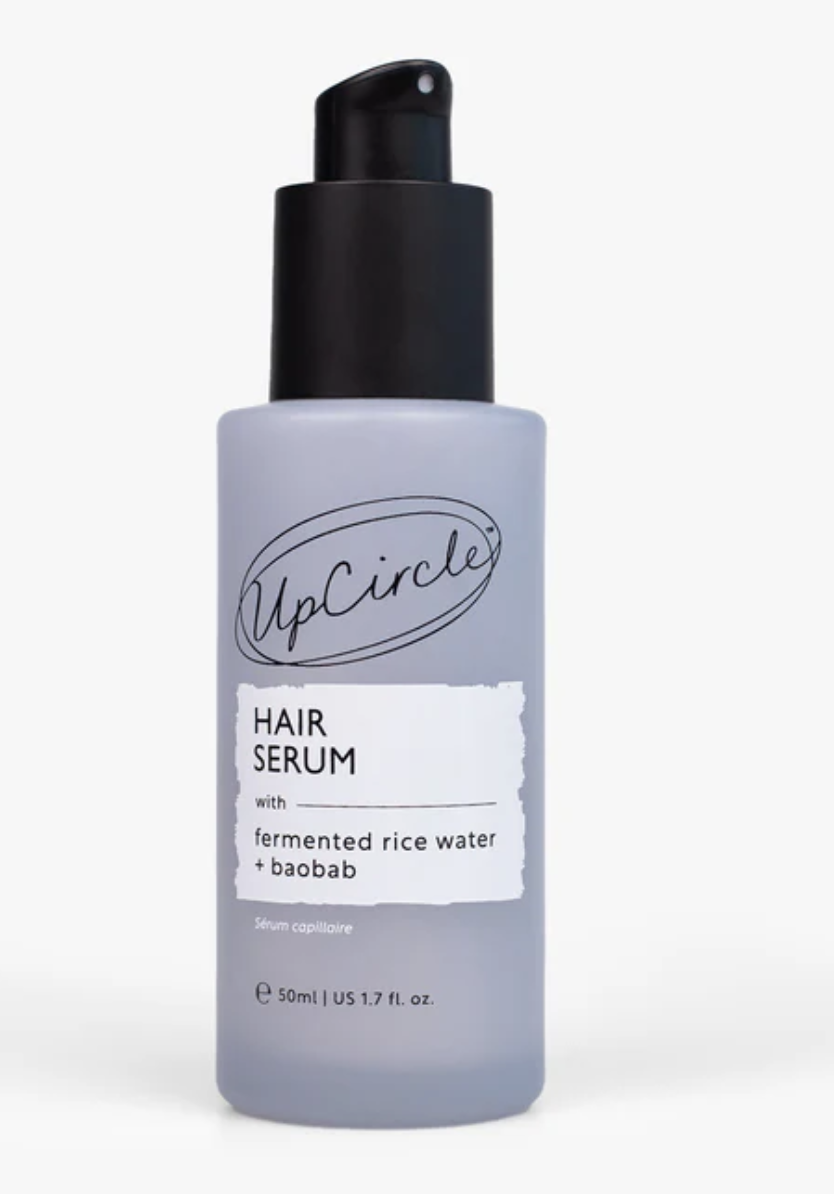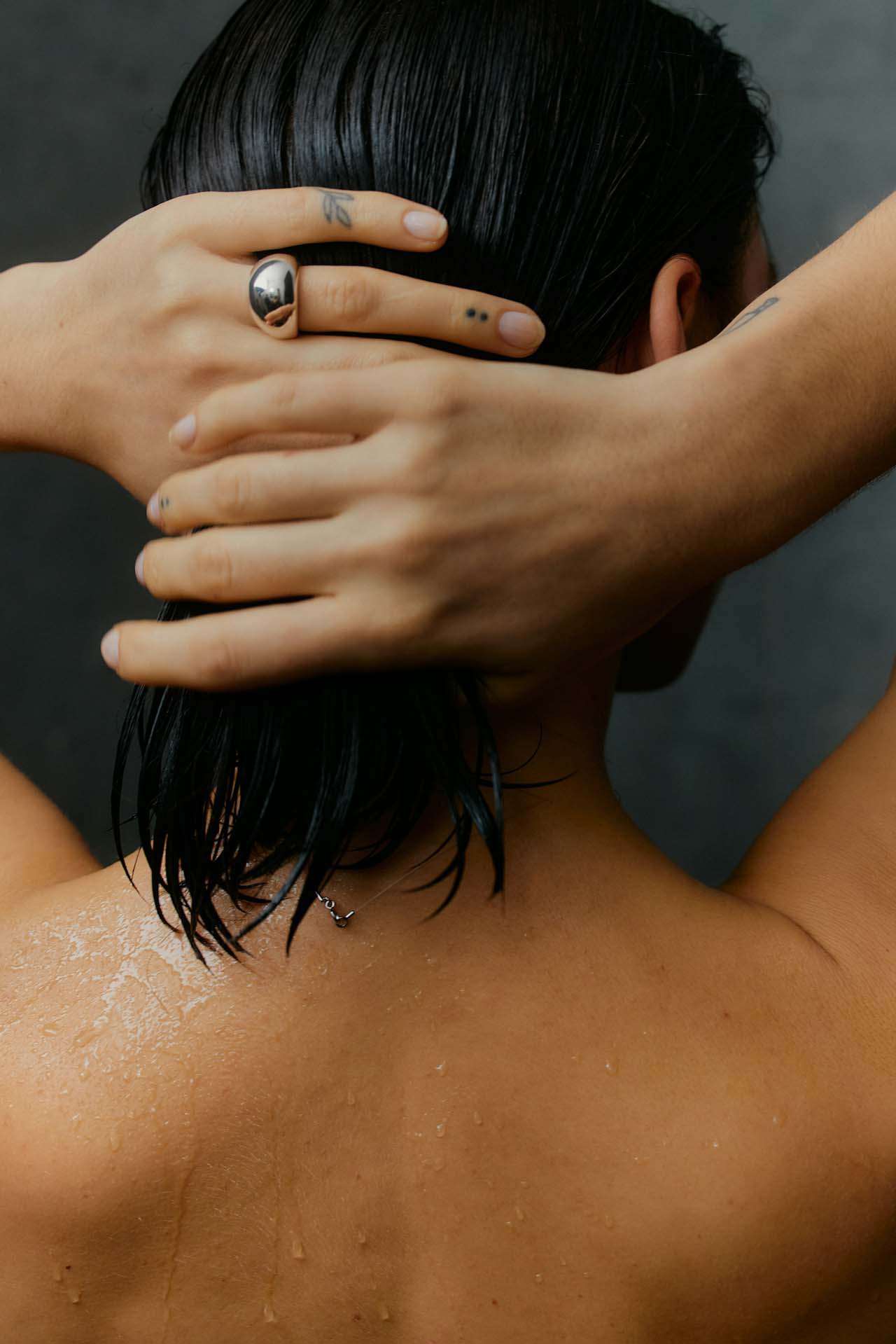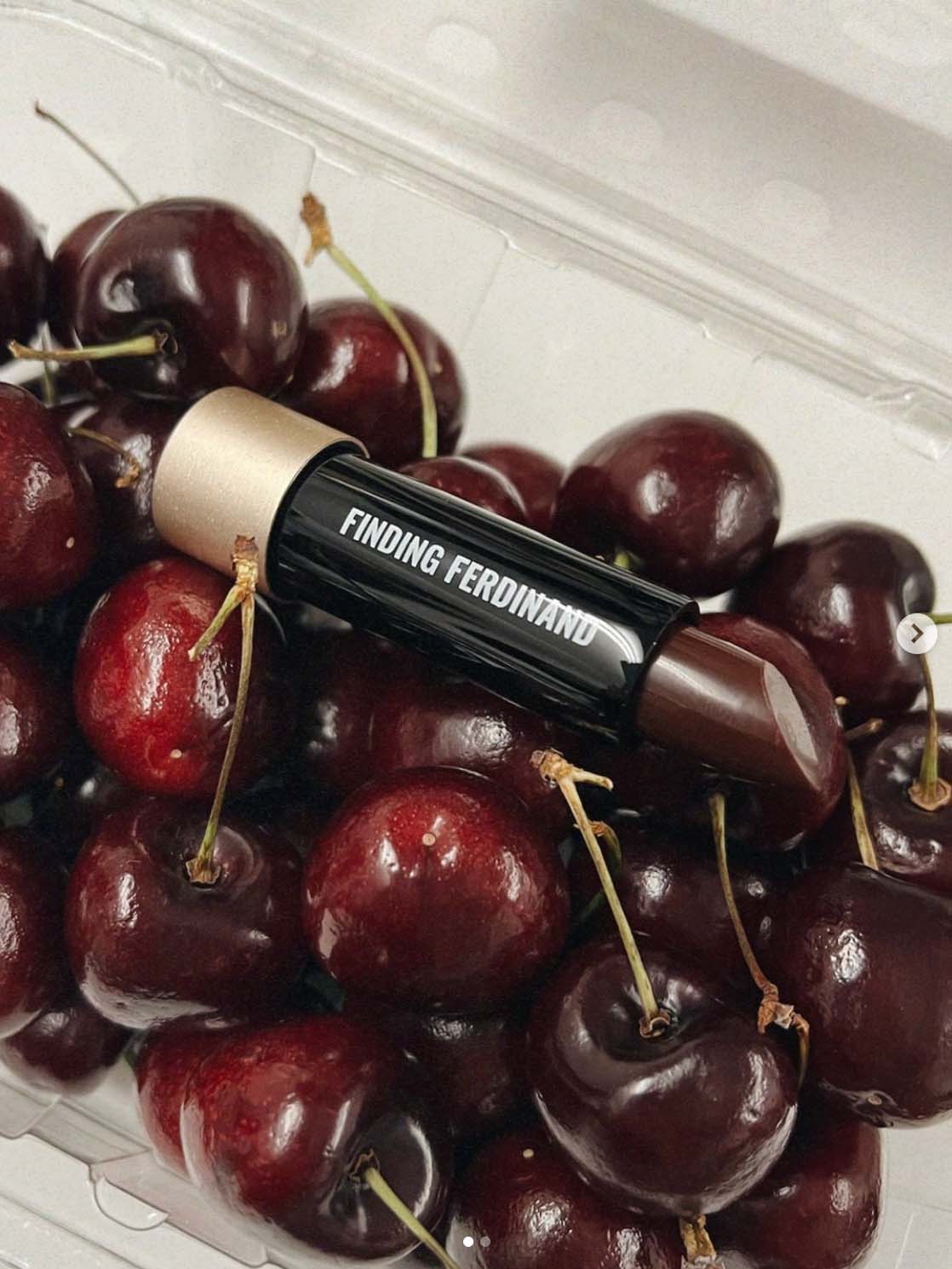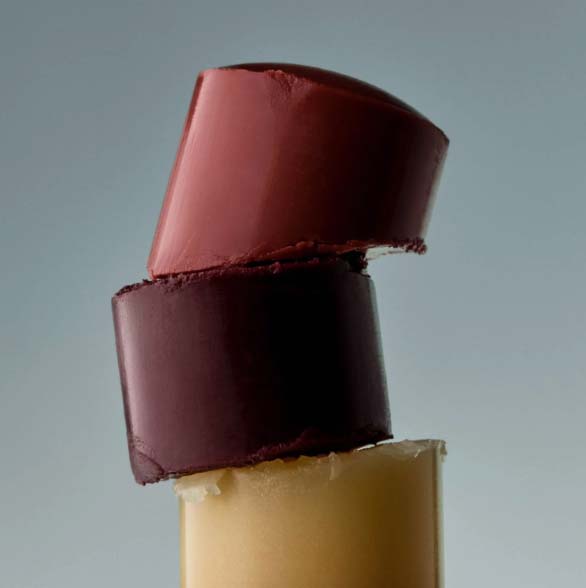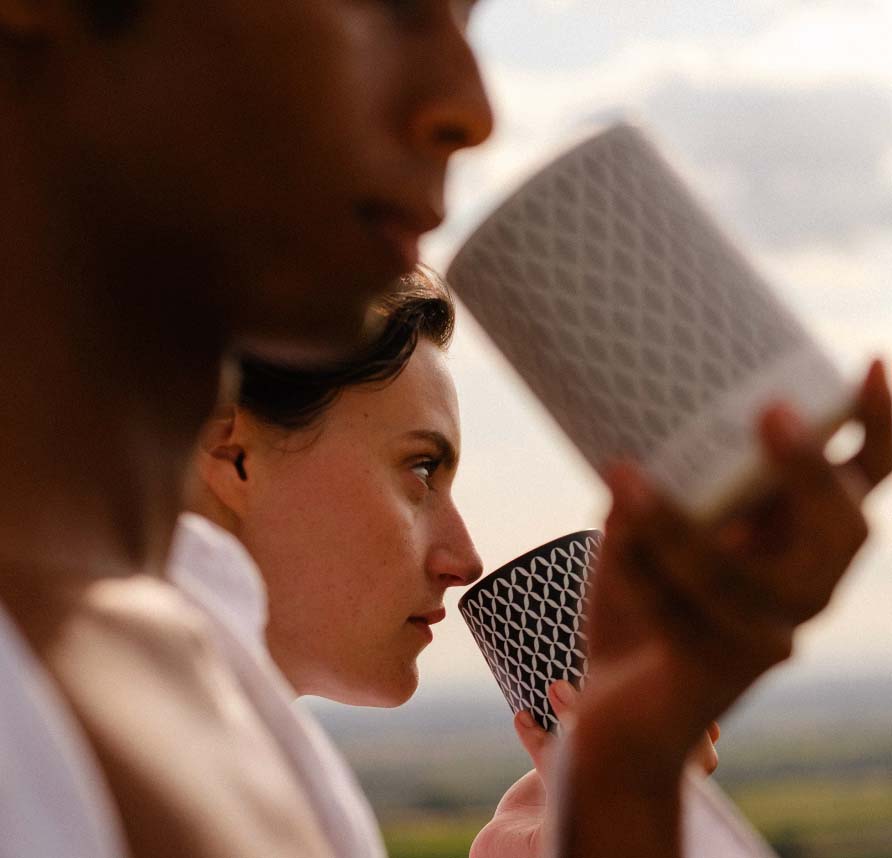
The Future Of Fragrance Is Fossil-Fuel Free
When I founded Abel more than a decade ago, it was because I couldn’t reconcile the fact that one of life’s most sensual luxuries was made through a process so heavily dependent on fossil fuel–derived ingredients. At the time, an estimated 95% of fragrance molecules came from petrochemicals — and in the years since, that number has changed very little. The industry standard was synthetic, opaque, and at odds with the natural world that had always inspired me.
My background is in winemaking, and in many ways, that was the perfect apprenticeship for perfumery. Both disciplines demand a deep respect for nature and an intimate understanding of science. It’s that art-meets-science balance that has always drawn me in. When I couldn’t find a fragrance that was both natural and elevated, I realised I had a choice: accept the status quo or create an alternative. Abel was born from that moment.
Our mission has been radical from day one, with a clear commitment to 100% natural and 0% petrochemical ingredients. In the beginning, that meant working with a limited palette of essential oils and absolutes, alongside Master Perfumer Isaac Sinclair. The results were beautiful, but performance came with compromise — and the industry constantly told us that what we were doing wasn’t possible. Natural fragrances, they said, couldn’t perform, couldn’t last, couldn’t compete.
Fast-forward to today, and with the use of biotechnology and other natural sciences, we’re rewriting those rules. Through plant fermentation processes, we now have access to precise, long-lasting molecules that behave like their petrochemical counterparts — except they’re renewable and fossil-free. For perfumers who care about impact, this has been transformative. It means greater stability, more consistency, and the freedom to push creative boundaries without compromise. I liken it to the shift electric vehicles are having in the automotive industry.
At Abel, we’ve recently reformulated our entire collection to make the most of these scientific advancements. We’ve increased concentration by 37% and dramatically extended longevity, all while remaining 100% natural. For us, reformulation wasn’t about cutting costs; it was about investing more — in ingredients, innovation, and quality.
Equally important has been rethinking how fragrance is packaged and delivered. Glass bottles made with post-consumer recycled glass, biodegradable caps, mono-material boxes, and a localised supply chain have allowed us to reduce the carbon footprint of our paper packaging by 96%. These are not small gains — they’re proof that luxury can evolve without sacrificing beauty or experience.
For me, natural is no longer a static definition. Twelve years ago, it meant purity in the simplest sense: essential oils, botanical extracts, heritage methods. Today, natural means future-fit. It embraces biotechnology, upcycling, regenerative agriculture, and closed-loop systems. It’s less about nostalgia and more about responsibility — about thinking forward.
So, what does this mean for the future of fragrance? I believe we’re witnessing a shift as profound as the food and wine revolutions of recent decades. Just as consumers began asking hard questions about provenance, farming practices, and additives in what they eat and drink, they are now doing the same with what they put on their skin and carry on their bodies.
Fragrance is intimate. It becomes part of us. To wear something made from fossil fuels feels increasingly out of step with the world we want to live in. Choosing fragrance made from renewable, responsible sources isn’t just an aesthetic decision — it’s an ethical one.
This is why I describe Abel as “radical fragrance”. Not because we are disruptive for the sake of it, but because we refuse to accept the outdated assumptions of our industry. We’re proving, with every bottle, that a fossil-fuel-free future for fragrance isn’t just possible — it’s already here.
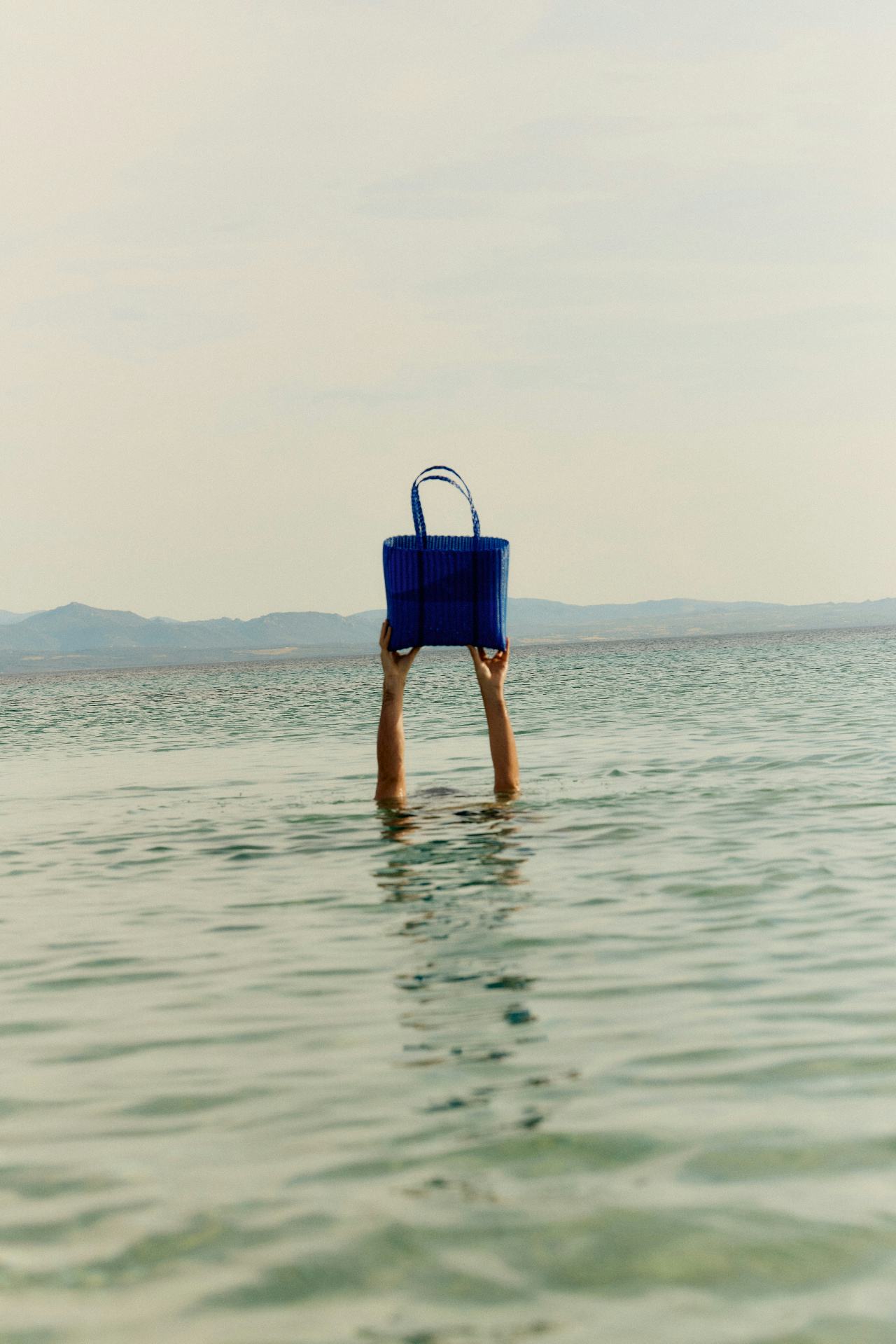
.webp)

